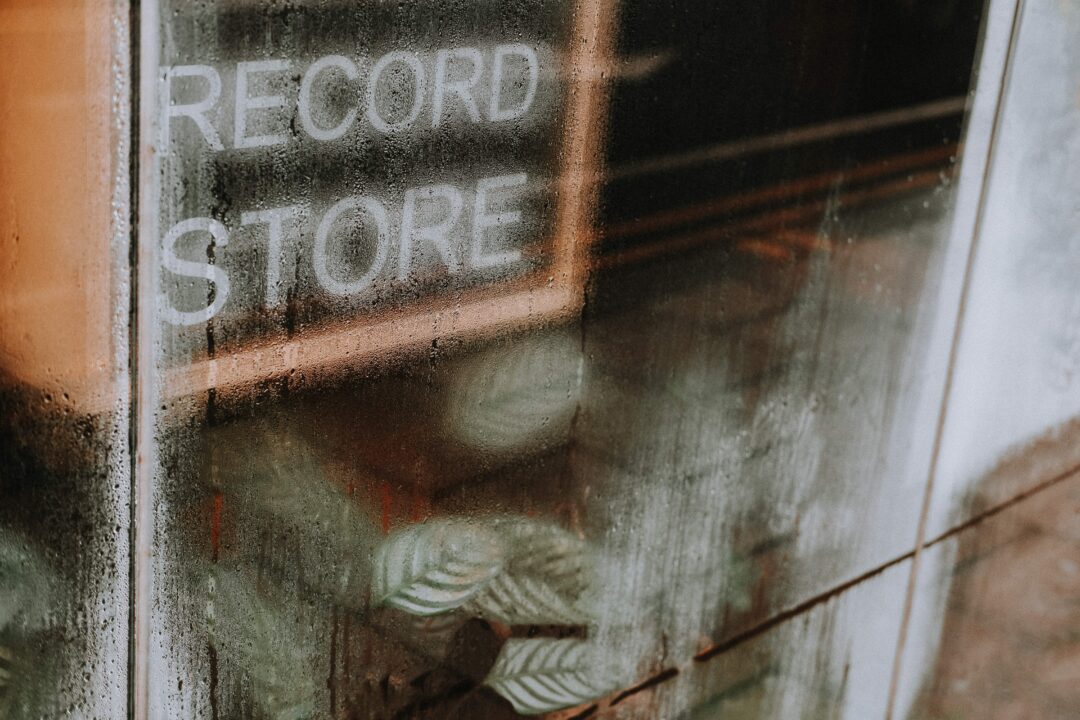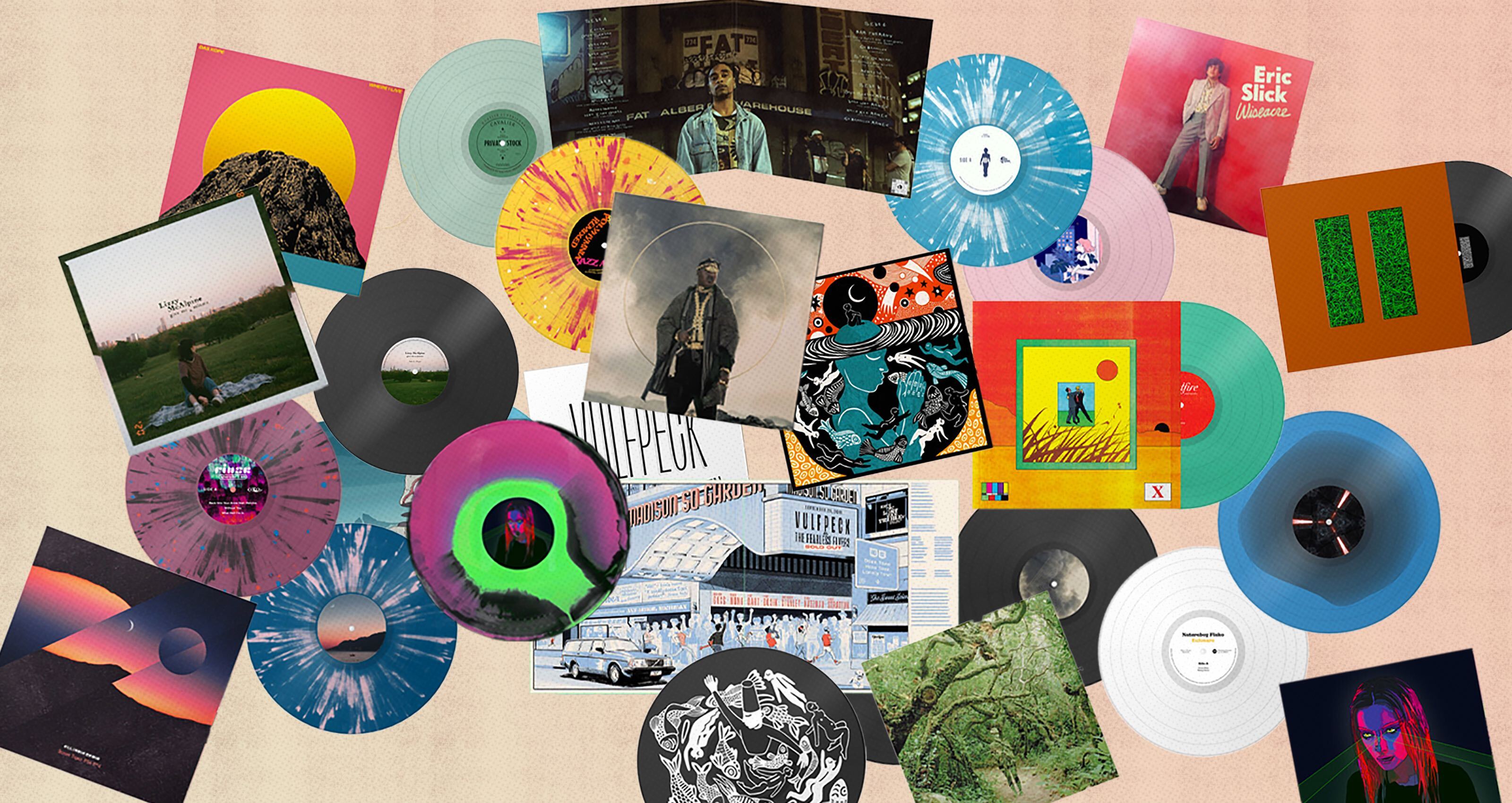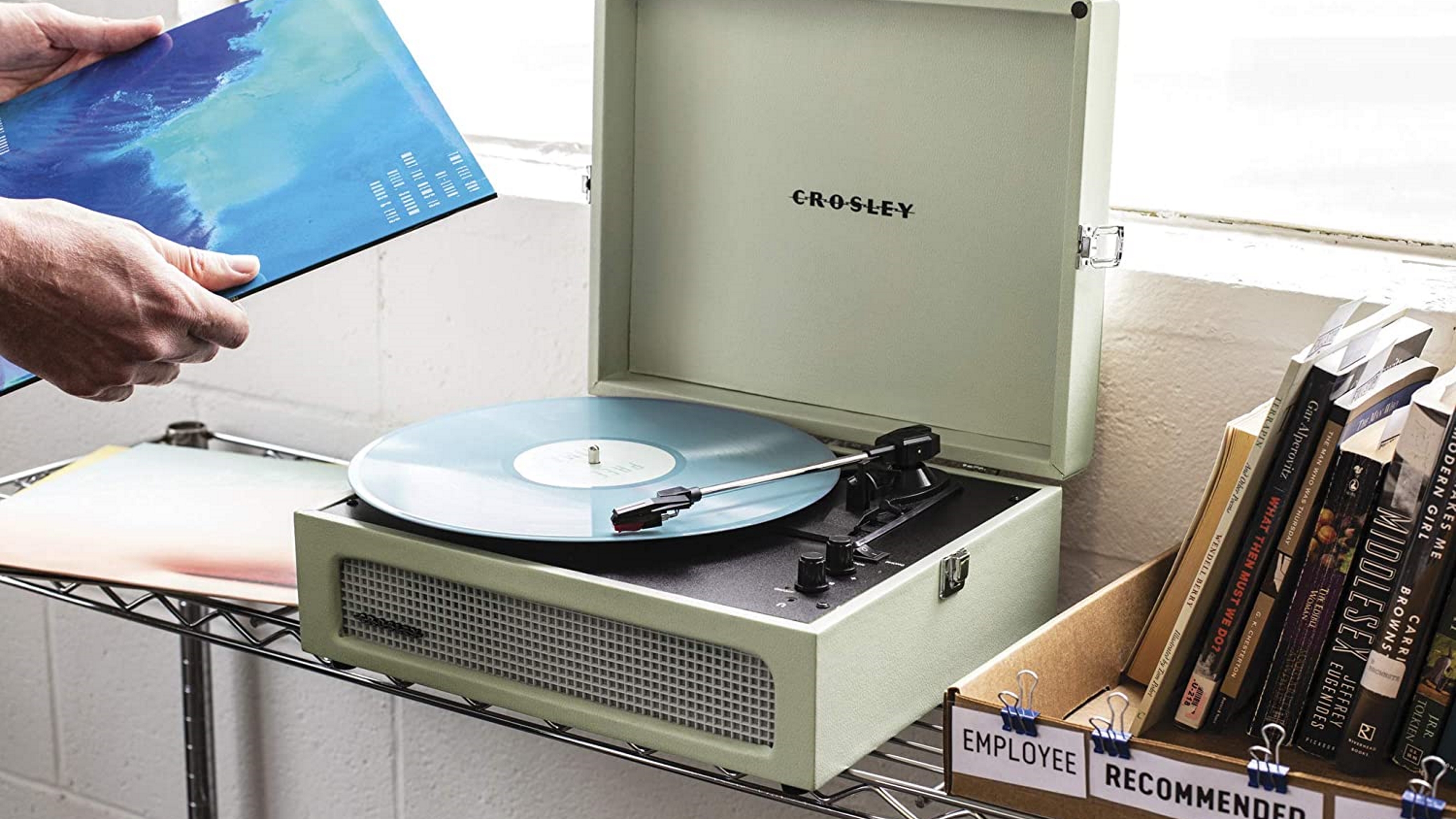A new study by Components has revealed that high vinyl sales are synonymous with a healthy music industry, especially for independent artists operating at a grassroots level with no backing from labels.
While the findings from the study may seem like they are stating the obvious because, of course, more sales = a sturdier economy, there are a few revelations for independent artists looking for the best ways to recoup the expenses of recording their music and funding other ventures. One of the main takeaways is that vinyl records offer a “disproportionately important channel of spending”.
Furthermore, in addition to being the most profitable physical medium, the format also drives further engagement, as vinyl buyers tend to spend more cash supporting the industry due to the heightened involvement of the vinyl purchasing and playing process.
The tactility of spinning a vinyl record and the aesthetics of the experience are a clear contrast against the impersonal and underwhelming process of streaming on platforms such as Spotify. Every step of setting a vinyl record on the table, adjusting the RPM, and letting the needle hit adds to the value of the listening experience, which is how record collectors can justify spending so much cash on their collection.
Vinyl Sales Have the Strongest Association with High Earnings
Components discovered that of all the physical items sold on Bandcamp, vinyl records had the strongest positive association with the amount of money earned, above all other items such as CDs, cassettes, and wearable merch. So, for independent artists wondering which physical formats to invest in, now there is a clear answer.
In 2021, Rolling Stone revealed there were two million vinyl sales in 2020; double the number sold in 2019, a consumer habit that was undoubtedly caused by the pandemic stripping the power from music fans to support their favourite artists by purchasing gig tickets. However, in 2020, only 12% of releases on the platform had a vinyl option.
Bandcamp Has Stepped Up to the Mark with A Vinyl Pressing Service
To boost the number of independent artists with vinyl records available to purchase via their platform, Bandcamp has launched its own vinyl pressing service, which offers a low-risk and hassle-free way for artists to press vinyl. The Bandcamp Pressing service puts artists in complete control of the usual aesthetic options in addition to vinyl weight.
To get started, all you need is your album published on Bandcamp and enough fans to kickstart a pre-order campaign. If your campaign is successful, Bandcamp will take care of all the shipping, customer service and other logistics, meaning that artists won’t need to rock up to their local post office and clock the look of absolute contempt from the person behind the desk.
Hopefully, Bandcamp’s spin on a Kickstarter-esque service fares infinitely better than Pledge Music, which went into bankruptcy in the midst of artist’s campaigns and the money pledged by the fans was swallowed by the company going into administration.
Clearly, Bandcamp’s first-of-its-kind service will benefit the platform, as they will get to take their cut from the increase in vinyl sales; nevertheless, it appears to be a great way for the site to level the playing field between trust fund artists and the artists out there with the talent and fanbase to drive a successful campaign but none of the upfront cash to invest in vinyl pressing.
Will the Hype of Vinyl Collecting End?
While many believed the trend of vinyl resurgence had seen its heyday after Urban Outfitters started stocking Fleetwood Mac vinyl records and God-awful Crosley integrated amp and speakers record players, which will absolutely obliterate your LPs if you give them half a chance, the vinyl hype isn’t going anywhere soon. Its integral influence on the music industry as a whole is demonstrating that vinyl collecting is so much more than a hipster fad.
Especially after Pitchfork announced in September 2020 that, for the first time in decades, vinyl sales outnumbered CD sales when the format accounted for 62% of physical sales revenue.
While touring remains the bread and butter for mainstream artists, this is far from the case for independent musicians, who are lucky to break even when they are hitting the road and showcasing their live sound. In many instances, the only way to make touring financially worth it is by hawking merch during the show, and more often than not, vinyl records inspire music fans to part with the most cash. As noted by the research study, the vinyl record format is disproportionately important.
–
So, for independent artists wondering if getting in touch with a vinyl pressing service is worth it, the answer is a resounding yes – if you have the fanbase to justify it, of course! Start small with short or limited runs of 50 or 100 before you can work up to the bigger pressing orders, which will allow you to rake in more profit.
Article by Amelia Vandergast




